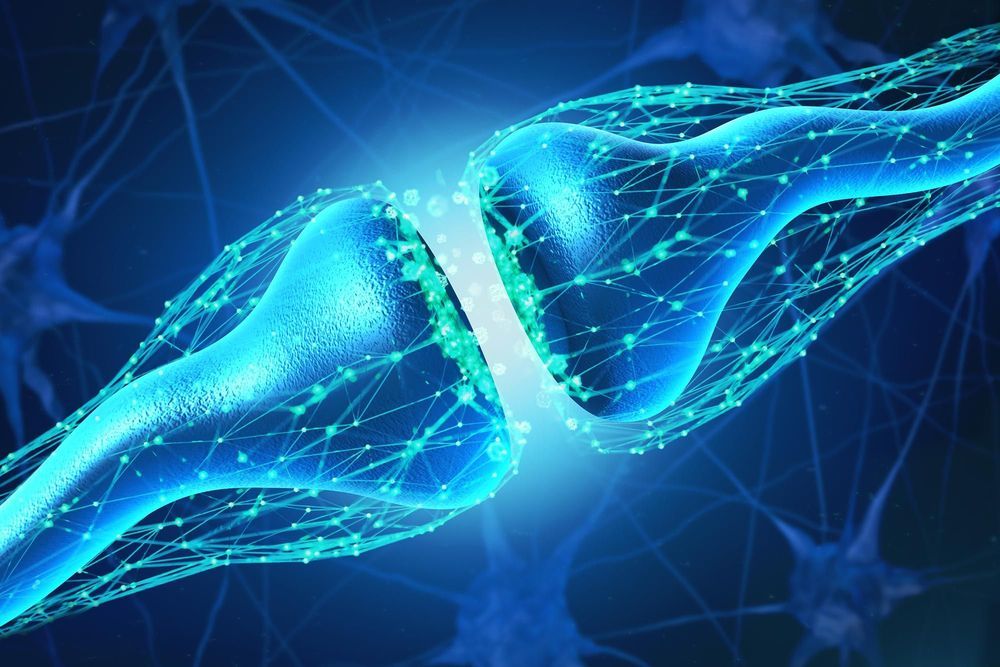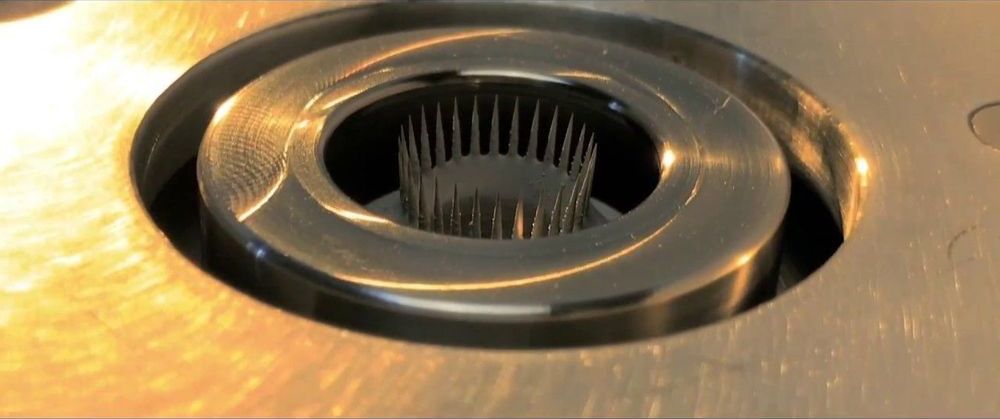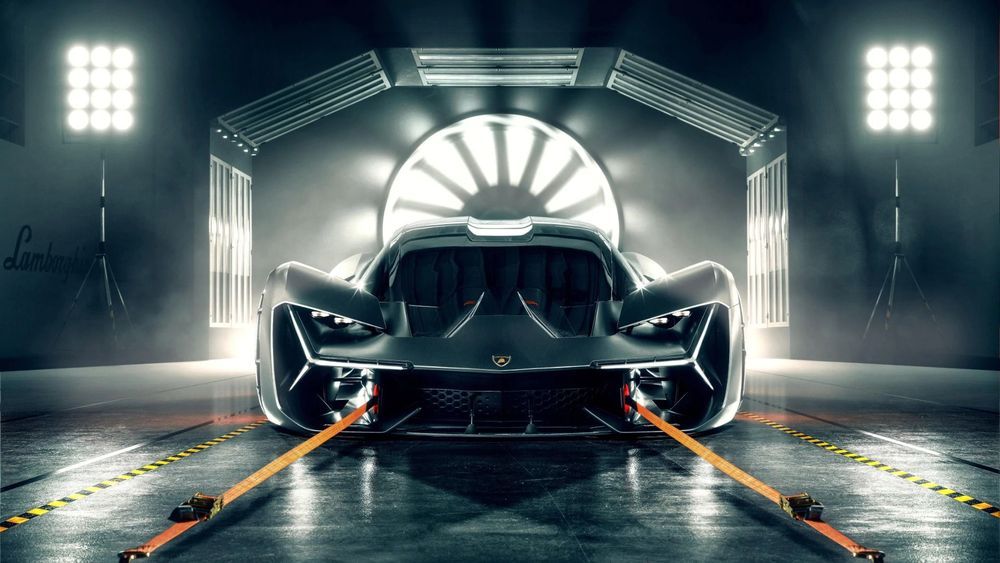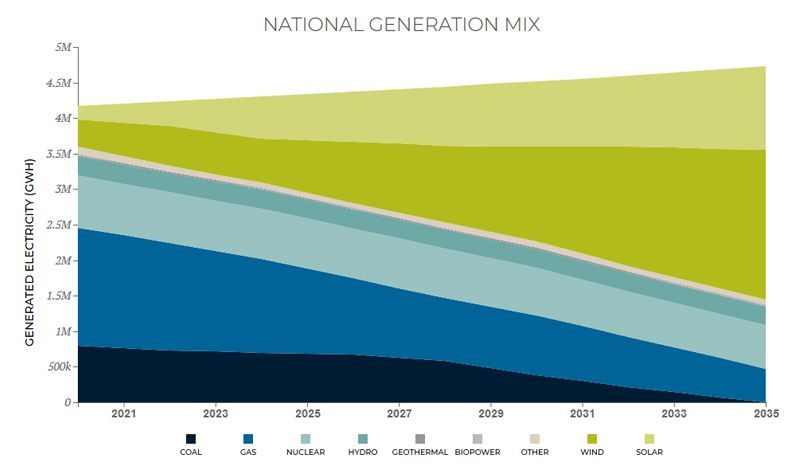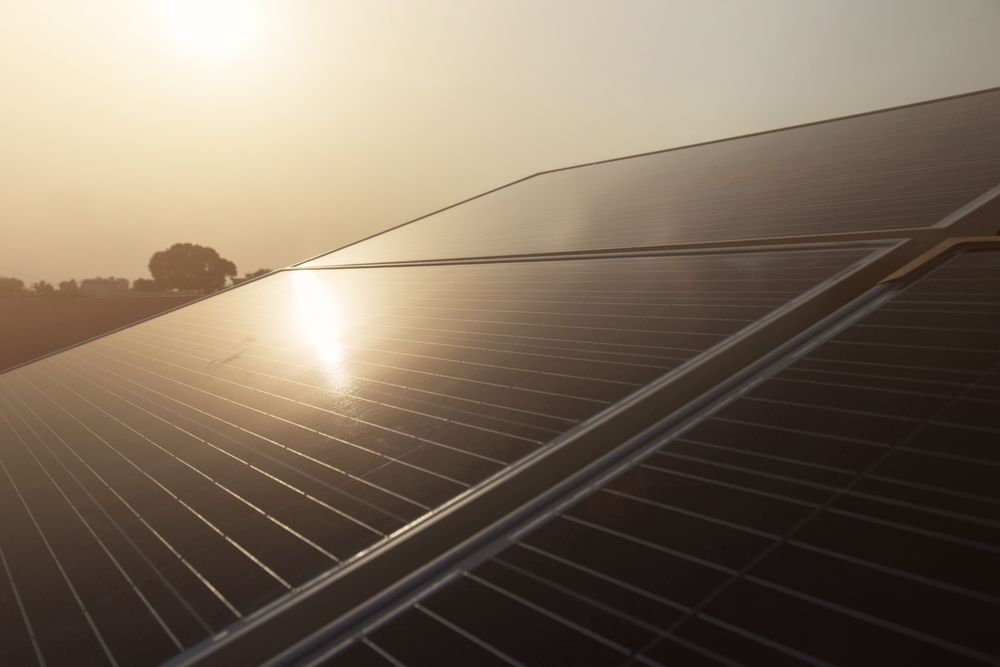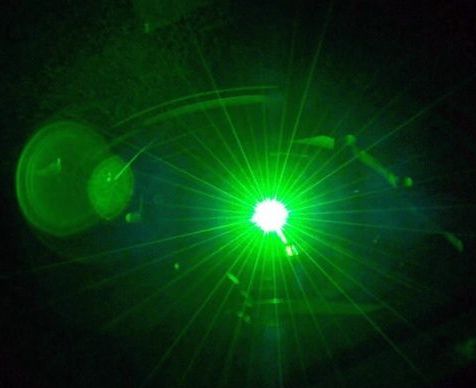Jun 16, 2020
Artificial Synapse That Works With Living Cells Developed at Stanford
Posted by Genevieve Klien in categories: chemistry, energy
In 2017, Stanford University researchers presented a new device that mimics the brain’s efficient and low-energy neural learning process. It was an artificial version of a synapse — the gap across which neurotransmitters travel to communicate between neurons — made from organic materials. In 2019, the researchers assembled nine of their artificial synapses together in an array, showing that they could be simultaneously programmed to mimic the parallel operation of the brain.
Now, in a paper published June 15 in Nature Materials, they have tested the first biohybrid version of their artificial synapse and demonstrated that it can communicate with living cells. Future technologies stemming from this device could function by responding directly to chemical signals from the brain. The research was conducted in collaboration with researchers at Istituto Italiano di Tecnologia (Italian Institute of Technology – IIT) in Italy and at Eindhoven University of Technology (Netherlands).
“This paper really highlights the unique strength of the materials that we use in being able to interact with living matter,” said Alberto Salleo, professor of materials science and engineering at Stanford and co-senior author of the paper. “The cells are happy sitting on the soft polymer. But the compatibility goes deeper: These materials work with the same molecules neurons use naturally.”
